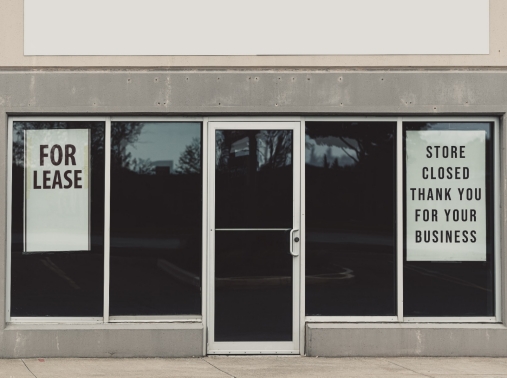|
|
RAND research and commentary on the issues that matter most
|
Mar 11, 2021
|
|
|
|
|
Photo by JackF/Adobe Stock
|
|
|
|
|
Yesterday, Congress passed the American Rescue Plan, a $1.9 trillion COVID-19 relief package. The bill, which President Biden is expected to sign into law tomorrow, provides $123 billion to K–12 public schools. Districts can use this money in a variety of ways to support reopening safely, including testing staff and students for COVID-19.
But even with more funding, launching successful testing programs may be difficult for schools. A new RAND report examines the challenges they have faced thus far in implementing testing programs—and identifies ways to overcome these barriers. For instance, strong partnerships with local public health departments, health systems, and testing vendors can help schools administer and process tests.
Overall, the authors conclude that while COVID-19 testing in schools is complex, it's doable. It's also worth the effort: Testing could go a long way toward helping families and staff feel more comfortable with returning to in-person instruction. Read more »
|

|
|
Photo by vovashevchuk/Getty Images
|
|
One year ago today, the COVID-19 outbreak was officially declared a pandemic. But according to RAND research, the global spread of the virus began increasing at an accelerating rate three weeks before this declaration. In fact, by the end of February 2020, more than five cases of COVID-19 per day were already being exported around the world. These findings are part of a RAND project that analyzes COVID-19 infections and air travel data to predict the spread of the virus.
Read more »
|
|

|
|
Photo by fizkes/Getty Images
|
|
The U.S. government may face challenges in hiring younger people for positions that require a security clearance. According to a new RAND report, current vetting guidelines may not account for social changes that affect younger Americans. But guidelines could be adjusted to reflect these realities. For example, marijuana use, which is now legal in many states, could be deemed less of a concern than nonmedical prescription drug use. And student loan debt, high levels of which are now commonplace, should be considered less risky than other forms of debt.
Read more »
|
|

|
|
Photo by Obencem/Getty Images
|
|
One in every five American adults is caring for a loved one in need. Too often, these caregivers have to fight to make their voices heard in a health care system that doesn't always see them as partners in care. To find out what it might take to change that, RAND researchers interviewed providers, payers, and caregiver advocates. No one spoke in favor of the status quo, but some suggested that the pediatric model—which always includes parents and guardians in health care decisions—could offer valuable lessons.
Read more »
|
|

|
|
Photo by shaunl/Getty Images
|
|
There's a widespread belief that the United States is a leader in entrepreneurial activity. But evidence suggests otherwise, say RAND experts. The number of new companies as a percentage of all businesses has been declining for several decades. The share of job creation and employment from these newer companies has also dipped during that time. Now that the pandemic has introduced new complexities for businesses, a better understanding of how to foster entrepreneurship in America is critical.
Read more »
|
|

|
|
Photo by Eva-Katalin/Getty Images
|
|
Daylight saving time is this Sunday. That means that most of us will be dragging ourselves out of bed and slogging through the day on an hour less of sleep than usual. But according to RAND's Wendy Troxel, there are ways to lessen the pain and ward off feeling “slangry” (sleepy and angry). Make sleep non-negotiable in the days leading up to daylight saving, she says. Or try easing into the shift, by backing up your schedule in 15-minute increments leading up to Sunday.
Read more »
|
|
|
Since 2018, RAND has been studying “Truth Decay,” the diminishing role of facts in American public life. Our redesigned Truth Decay website serves as a hub for anyone who wants to learn more about this phenomenon and explore RAND research on its causes, consequences, and potential solutions.
Learn More »
|
|
|
|
|